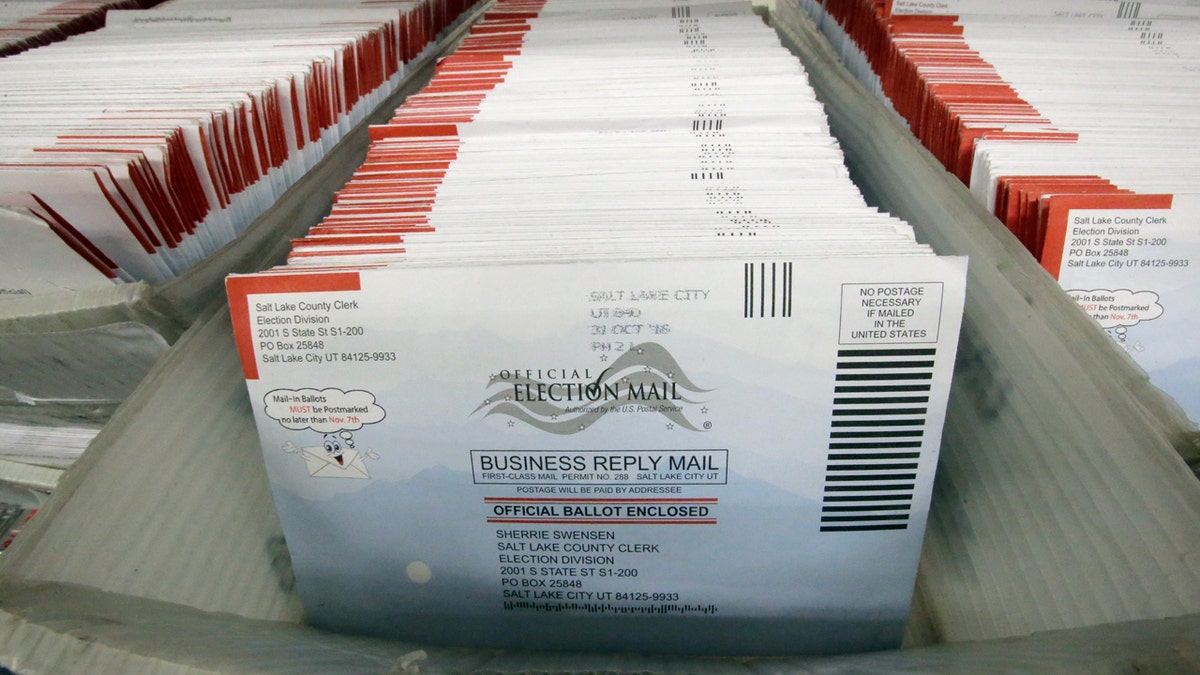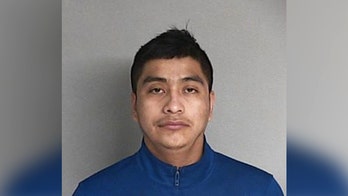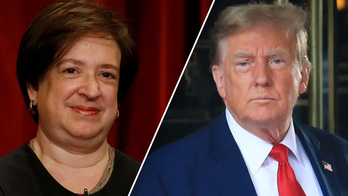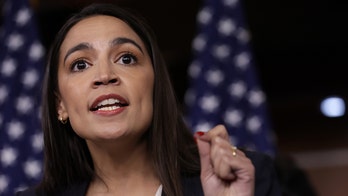
Mail-in ballots for the 2016 General Election are shown at the elections ballot center at the Salt Lake County Government Center Tuesday, Nov. 1, 2016, in Salt Lake City. (AP Photo/Rick Bowmer)
SALT LAKE CITY – Officials settled a deadlocked race for a spot on a city council in suburban Salt Lake City by drawing names from a pilgrim hat and flipping a coin — a decision-by-chance that Utah and a number of other states allow to break ties in elections or appointments.
Utah law lets tied votes be settled "by lot" but does not specify what method of chance to use, Elections Director Mark Thomas said Wednesday. A coin toss and drawing names are common methods and they have been used two or three times over the past decade in Utah, generally in small elections, he said.
In the Kentucky city of Grayson, a tied election for a city council seat was settled Thursday with a coin flip.
In other states, local officials sometimes have rolled dice to determine the winner. That happened in Oregon in June, when two legislative candidates tied as they sought the nomination of the Independent Party. A 1992 stalemate in a primary for an Arizona legislative seat was settled by a game of poker.
In the Utah city of West Jordan last week, the city council interviewed 10 candidates interested in filling a vacancy. After 3½ hours of interviews and several rounds of voting, the council narrowed it down to Alan R. Anderson and David Pack. The council members deadlocked 3-3.
The council knew going into the Nov. 16 meeting that a tie was possible and came prepared, West Jordan spokeswoman Kim Wells said. Each candidate's name was written on an identically sized piece of paper and put in a pilgrim-style hat provided by councilman Dirk Burton, who was asked to bring an option from his large collection of hats in case of a tie.
The police chief drew Anderson's name, designating him as "heads" for a coin toss. It came up heads, making him the winner.
The coin toss, first reported by the Deseret News on Tuesday, marked the first time West Jordan filled an office by that method, said Wells, the city spokeswoman.
Anderson, a charter school business manager and member of the city's sustainability committee, told The Associated Press that he and Pack both agreed early on: "As the coin goes, so we do."
He acknowledged that after spending hours interviewing for the job, "it's kind of tough that you have to put it down to a coin toss."
Pack, who serves on the city's planning commission and as president of a high school parent-teacher association, did not return a message seeking comment Wednesday. He told the newspaper that he thought the process was "a fair, open and honest way to settle a deadlock vote."
Anderson won by chance after running for the seat last year but losing to a councilwoman who resigned this month. He will serve until the end of 2017 and run in a special election next November to keep the post for two more years.




